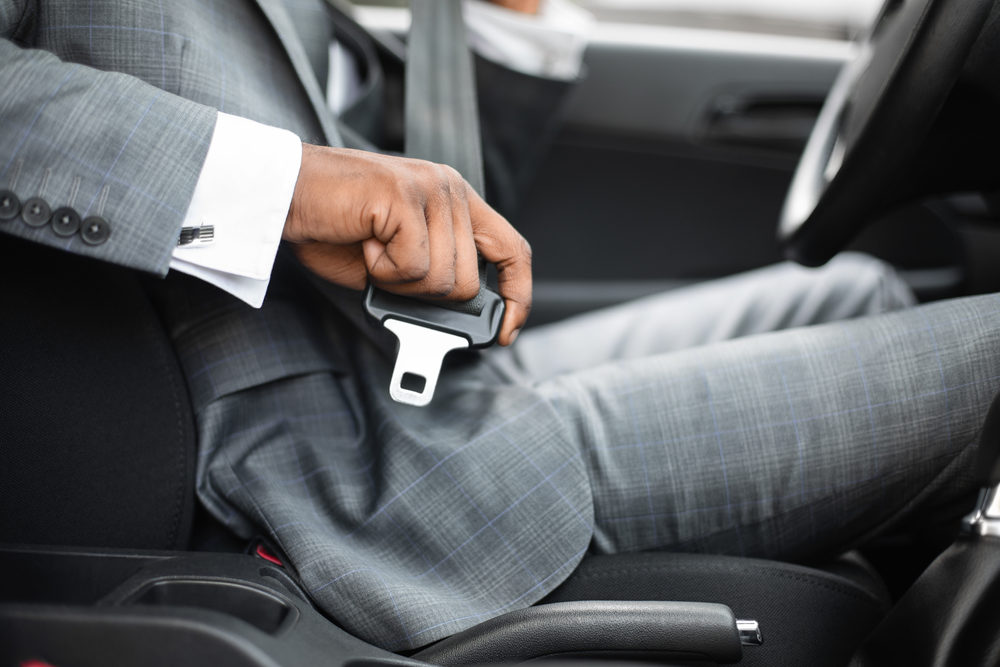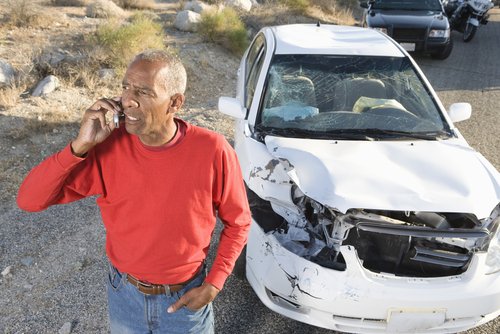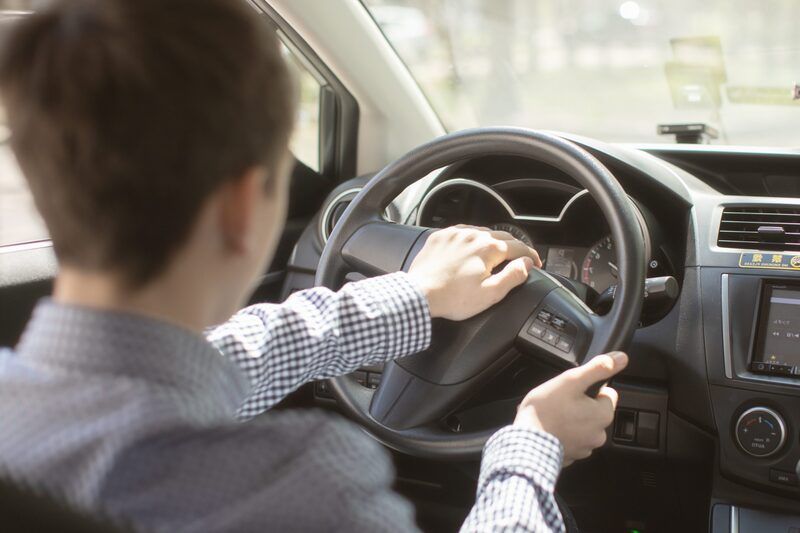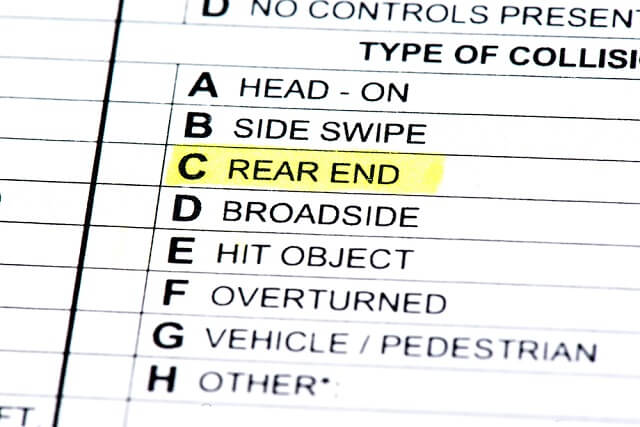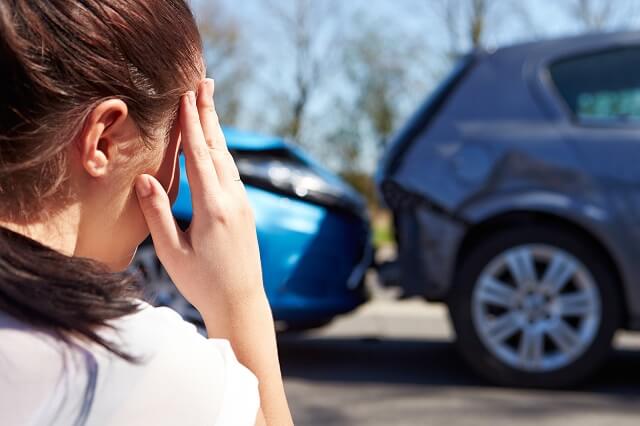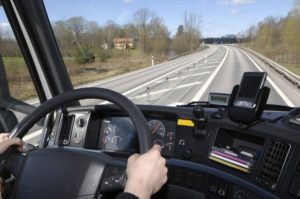 Throughout the country, speed limits are increasing. From highways to city streets, drivers are getting the luxury of getting to their destination a little faster. In one instance, there was an article in Time magazine that highlighted the issue of speed traps – or those stretches of road that were prone to attracting speed tickets – in the United States. In response, politicians and law enforcement started weighing their options for how to handle those speed traps. And, a solution was to increase the speed. But, all of this leads to the question: will the increase in speed limits all through the country, and especially Louisiana, lead to more accidents, or even accident-related fatalities?
Throughout the country, speed limits are increasing. From highways to city streets, drivers are getting the luxury of getting to their destination a little faster. In one instance, there was an article in Time magazine that highlighted the issue of speed traps – or those stretches of road that were prone to attracting speed tickets – in the United States. In response, politicians and law enforcement started weighing their options for how to handle those speed traps. And, a solution was to increase the speed. But, all of this leads to the question: will the increase in speed limits all through the country, and especially Louisiana, lead to more accidents, or even accident-related fatalities?
Should Politicians Set Speed Limits?
A politician may want to appease his or her constituents, but they need to also consider the safety repercussions of increasing speed limits? Speed limits, ideally, should be set by engineers or scientists along with law enforcement, as well as transportation and safety professionals. Only these individuals could fully assess if an increase in speed is safe. Also, speed limits should be set using data and studies from researchers.
Will Increased Speed Limits Lead to More Accidents?
A study conducted by the National Motorists Association determined that raised and lowered speed limits in urban and rural access highway areas showed that 85 percent of motorists followed the posted speed limit – and the number of accidents did not increase. The study concluded that:
- Posted speed limits were set on average at the 45th percentile speed or below the average speed of traffic.
- Speed limits were posted on average between five and 16 miles below the 85th percentile speed.
- Lowering speed limits by five, 10, 15 or 20 miles per hour had a minor effect on vehicle speeds.
- The average change in any percentile speeds during the experiment was less than 1.5 miles per hour.
- When speed limits were lowered, there were no changes among high-speed drivers.
- When speed limits were raised, there was an increase of less than 1.5 miles per hour for drivers traveling at or below the 75th percentile speed.
- After speed limits were altered at experimental sites, less than one half of the drivers studied complied with the newly posted speed limits.
- Accidents lowered by 5.4 percent where speed limits were experimented on and lowering speed limits more than 5 miles per hour below the 85th percentile speed of traffic did not reduce the number of accidents.
Speed Can Cause Accidents When a Driver is Reckless
While speed is a common cause for auto accidents in the state, as well as the country, many drivers who are speeding are doing so at a reckless rate. When the speed limits increase and other drivers are also following similar speeds, the National Motorists Association study shows that the likelihood of an accident goes down. Also, other factors contribute to auto accidents and speed – such as distractions, drunken driving, or even weather conditions.
Were You Injured in an Auto Accident?
Whether it is due to a high speed area or simply a driver’s negligence, you may be entitled to compensation under the law. In order to determine if your case is eligible, you must first speak with a personal injury attorney. Contact Herman, Herman & Katz, LLC today regarding your case. We offer free case reviews, so schedule yours at 844-285-0251 or fill out our online contact form with your questions.
Free Case Evaluation
More About HHK
Other Car Accidents News
When you get into a car, fastening your seat belt […]
After you are involved in an auto accident, it is […]
A plaintiff in an automobile accident case can usually count […]
New Orleans, LA Car Accident Compensation Lawyer Car accidents, even […]
New Orleans, LA Uber Driver Accident Injury Lawyer Uber and […]

